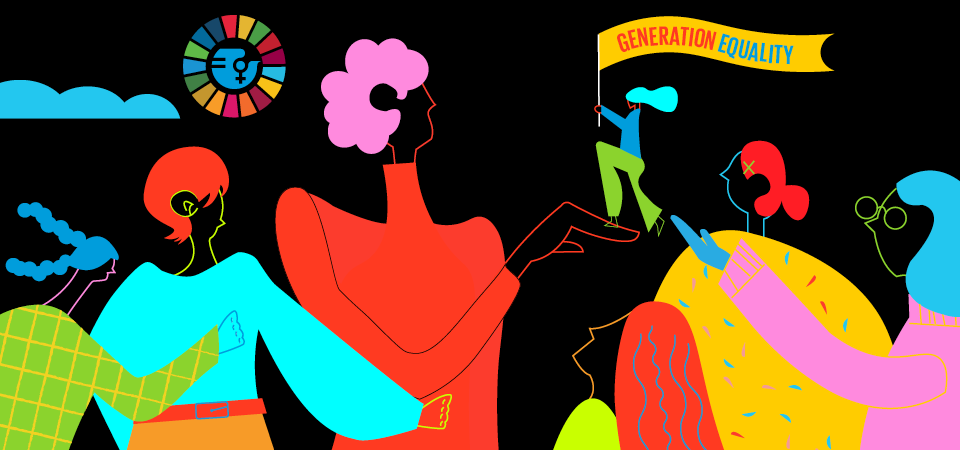Women in leadership: Achieving an equal future in a COVID-19 world
Sofonie Dala leading Angola
This year, the theme for International Women’s Day (8 March), “Women in leadership: Achieving an equal future in a COVID-19 world,” celebrates the tremendous efforts by women and girls around the world in shaping a more equal future and recovery from the COVID-19 pandemic and highlights the gaps that remain.
Women of the world want and deserve an equal future free from stigma, stereotypes and violence; a future that’s sustainable, peaceful, with equal rights and opportunities for all. To get us there, the world needs women at every table where decisions are being made.

Let us challenge the gender bias on the number of African Heads of State in Africa
International Women's Day 2021 Message: Dr Rita Bissoonauth.
When did UN declared International Women's Day?
The UN celebrated its first official International Women's Day on 8 March in 1975. In 1977, the General Assembly adopted a resolution proclaiming a United Nations Day for Women’s Rights and International Peace to be observed on any day of the year by Member States.
Every year, the world celebrates International Women's Day on 08 March. As reported by UNESCO, the first National Woman's Day was observed in the United States on February 1909, which the Socialist Party of America dedicated in honour of the 1908 garment workers' strike in New York where women protested against harsh working conditions. In 1917, women in Russia chose to protest and strike under the slogan "Bread and Peace" on the last Sunday in February (which fell on 8 March on the Gregorian calendar). Their movement ultimately led to the enactment of women’s suffrage in Russia.
International Women’s Day 2021 theme
The theme of the International Women’s Day 2021 is 'Women in leadership: Achieving an equal future in a COVID-19 world'. The theme celebrates the tremendous efforts by women and girls around the world in shaping a more equal future and recovery from the COVID-19 pandemic.
As explained by UN Women, "[w]omen stand at the front lines of the COVID-19 crisis, as health care workers, caregivers, innovators, community organizers and as some of the most exemplary and effective national leaders in combating the pandemic. The crisis has highlighted both the centrality of their contributions and the disproportionate burdens that women carry."


No comments:
Post a Comment
Note: only a member of this blog may post a comment.